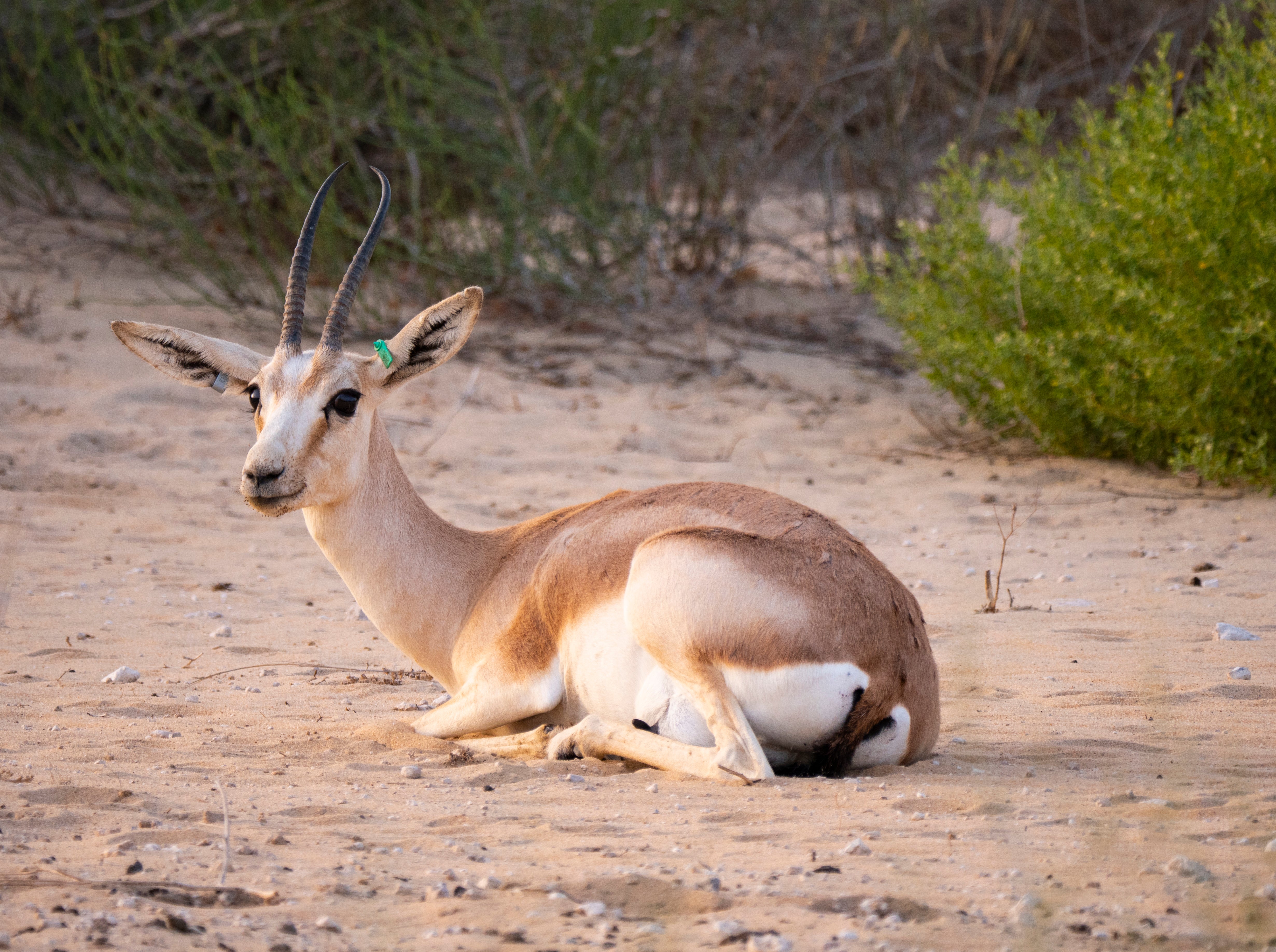Princess Reema calls for global leaders to deliver on climate action
Saudi Ambassador to the United States urges the international community to turn back the clock on extinction and preserve biodiversity for the future

The urgent need to focus on restoring nature around the world was highlighted during a panel session at the Saudi Green Initiative (SGI) Forum in Riyadh today.
Princess Reema Bandar Al Saud called on world leaders to recognise the importance of biodiversity for the future of our planet and listen to the voices of the next generation.
“We’ve all heard our children talk to us. When are we going to start listening to them?” she said.
“The time of activism must end. Now is the time of action ... to make sure that what we’ve lost can thrive again,” she added.
“The climate change message has positively disrupted the energy sector. Now, we need the same collaborative global direction on nature and biodiversity,” said Dr Marco Lambertini, the Director-General of WWF International.
“We talk about net zero emissions of carbon - we also need to talk about achieving net positive biodiversity in nature.”
Barbara Belvisi, the founder & CEO of Interstellar Lab - a company building sustainable farming pods - focused on the need to “give more land back to life” to help reduce global CO2 emissions. “The main challenge to preserve biodiversity on Earth is how to restore more land to wilderness,” she said.
Human activity, along with the environmental changes triggered by climate change, has severely impacted the reproductive and survival rates of animals around the world.
In its latest update, the world’s authority on wildlife, the International Union for Conservation of Nature (IUCN), estimates that 14 per cent of the bird species it has evaluated are under threat.
This figure goes up to 37 per cent for mammals and a staggering 51 per cent for amphibians. There isn’t currently enough data to assess the threat status of reptiles or fish, but anecdotal evidence suggests numbers for both have been plummeting.
Saudi Arabia has long been a strong proponent of animal conservation efforts.
Over 30 years ago, its National Wildlife Research Center (now the National Center for Wildlife) helped to reintroduce the Arabian oryx into the wild – a species that had been classed as extinct in the wild by IUCN.
Thanks to its continued conservation efforts, wild herds can now be found throughout the country.
Another species that Saudi Arabia is trying to protect is the Arabian leopard.
The country’s Royal Commission for AlUla has pledged $20m (£14.5m) towards leopard conservation efforts over a 10-year period as part of a partnership with conservation group Panthera.
There’s also a captive breeding programme currently in operation in Taif, in the south of the country, where the big cats are being readied for potential release into the wild in future.
The centre recently welcomed its 16th cub in a major milestone for conservation efforts in the country.
Saudi Arabia has also announced its target to make 30 per cent of its land and oceans protected areas by 2030. As part of this goal, the country is joining the Global Ocean Alliance, an international agreement between 62 countries to conserve 30 per cent of global oceans.
Subscribe to Independent Premium to bookmark this article
Want to bookmark your favourite articles and stories to read or reference later? Start your Independent Premium subscription today.
